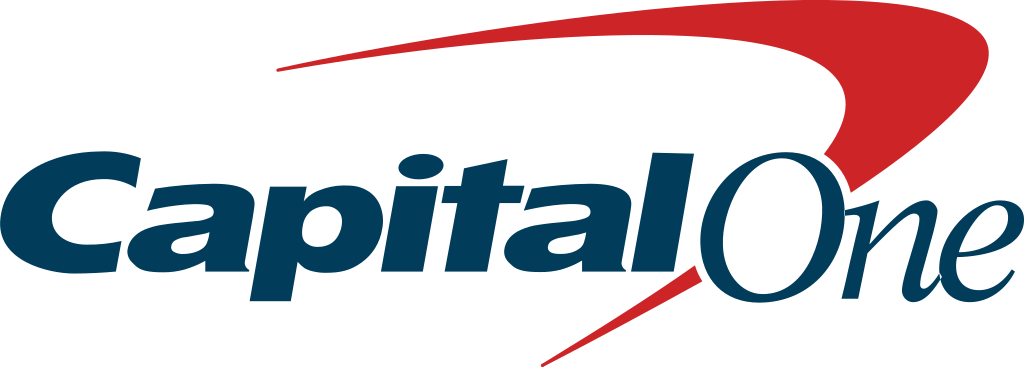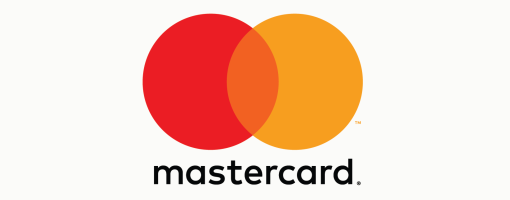Capital One Financial Corporation has completed its acquisition of Discover Financial Services in a deal worth $35.3 billion, creating the largest credit card issuer by loan volume in the United States.
The transaction, first announced on 19 February 2024, received final regulatory approval from the Federal Reserve and the Office of the Comptroller of the Currency on 18 April 2025, following the Delaware State Bank Commissioner's approval in December 2024. Shareholders of both companies voted in favour of the deal on 18 February 2025.
"This deal brings together two innovative, mission-driven companies that together are poised to deliver breakthrough products and experiences to consumers, businesses, and merchants," said Richard D. Fairbank, founder and chief executive officer of Capital One.
The combined entity now controls the Discover payments network, positioning it as a direct competitor to industry giants Visa and Mastercard. This represents a significant shift in the payments landscape, giving Capital One both issuing capabilities and network ownership.
Fairbank praised the leadership of Discover's board and interim chief executive officer Michael Shepherd as instrumental in reaching this milestone, adding: "Through the efforts of thousands of associates across Capital One and Discover, we are well-positioned to continue our quest to change banking for good for millions of customers."
The deal faced scrutiny throughout its approval process, with some Congressional Democrats voicing opposition on grounds that it could harm consumers and potentially threaten financial stability. However, the regulatory environment shifted following the recent presidential transition.
As part of the approval conditions, the OCC required Capital One to outline corrective actions addressing Discover's outstanding enforcement issues. These stemmed from a 2023 disclosure that Discover had been overcharging merchants for certain credit card transactions since 2007.
Capital One has expanded its board of directors from 12 to 15 members, appointing three former Discover board members: Thomas G. Maheras, Michael Shepherd, and Jennifer L. Wong.
For now, customer accounts and banking relationships remain unchanged at both institutions. Capital One intends to continue offering Discover credit card products as Discover-branded cards alongside other consumer cards currently offered by the company. The Discover, PULSE, and Diners Club International networks will join Capital One's suite of offerings.
The acquisition triggers implementation of Capital One's $265 billion Community Benefits Plan, developed in partnership with community organisations. The plan aims to advance lending, investment, and services to strengthen economic opportunity across America.
As of 31 March 2025, the combined financial holding company reported $367.5 billion in deposits and $493.6 billion in total assets.
The acquisition completion comes as Capital One faces separate legal challenges. The company has agreed to pay $425 million to settle nationwide litigation accusing it of cheating savings account depositors out of higher interest rates. The settlement covers customers who held 360 Savings accounts since September 2019, with depositors claiming Capital One offered significantly better rates to new customers on similarly named 360 Performance Savings accounts whilst keeping existing customers at lower rates. Capital One did not admit wrongdoing in the settlement agreement.
Latest News
-
Gemini to cut quarter of workforce and exit UK, EU and Australia as crypto slump forces retrenchment
-
Bank ABC’s mobile-only ila bank migrates to core banking platform
-
Visa launches platform to accelerate small business growth in US
-
NatWest to expand Accelerator programme to 50,000 members in 2026
-
BBVA joins European stablecoin coalition
-
eToro partners with Amundi to launch equity portfolio with exposure to ‘megatrends’
Creating value together: Strategic partnerships in the age of GCCs
As Global Capability Centres reshape the financial services landscape, one question stands out: how do leading banks balance in-house innovation with strategic partnerships to drive real transformation?
Data trust in the AI era: Building customer confidence through responsible banking
In the second episode of FStech’s three-part video podcast series sponsored by HCLTech, Sudip Lahiri, Executive Vice President & Head of Financial Services for Europe & UKI at HCLTech examines the critical relationship between data trust, transparency, and responsible AI implementation in financial services.
Banking's GenAI evolution: Beyond the hype, building the future
In the first episode of a three-part video podcast series sponsored by HCLTech, Sudip Lahiri, Executive Vice President & Head of Financial Services for Europe & UKI at HCLTech explores how financial institutions can navigate the transformative potential of Generative AI while building lasting foundations for innovation.
Beyond compliance: Building unshakeable operational resilience in financial services
In today's rapidly evolving financial landscape, operational resilience has become a critical focus for institutions worldwide. As regulatory requirements grow more complex and cyber threats, particularly ransomware, become increasingly sophisticated, financial services providers must adapt and strengthen their defences. The intersection of compliance, technology, and security presents both challenges and opportunities.
© 2019 Perspective Publishing Privacy & Cookies














Recent Stories